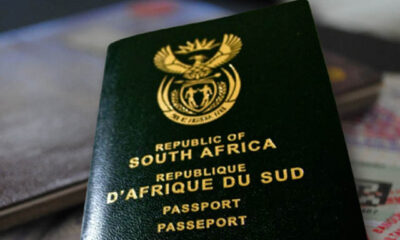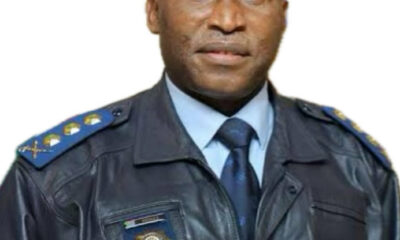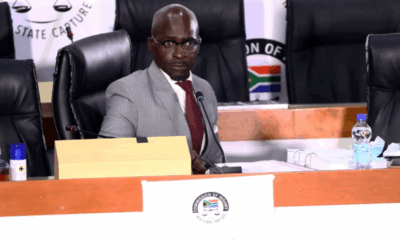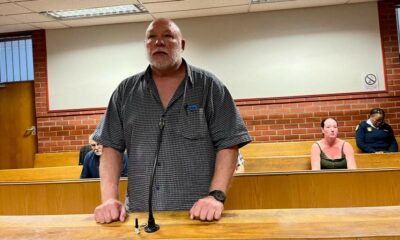News
South Africa’s Border Crisis: Gigaba Warns of Too Few Soldiers and Too Little Tech

A Wake-Up Call After a Tragic Crash
South Africa’s borders are under strain. That was the clear message from Parliament’s Defence Committee Chairperson, Dr Malusi Gigaba, who has warned that the country’s porous borders, lack of technology, and shortage of soldiers are putting national security and human lives at risk.
Speaking after the horrific N1 bus crash near Makhado in Limpopo earlier this month, which claimed 43 lives, Gigaba linked the tragedy to deeper issues of border management and accountability. The bus, en route from Gqeberha to Harare, was licensed to carry 61 passengers but was found with 91 on board, most of them foreign nationals, many without valid identification.
For Gigaba, the crash wasn’t just a transport violation. It was a symptom of a system struggling to keep up with rising illegal migration and cross-border movement.
The Struggle to Guard South Africa’s Borders
Gigaba said South Africa’s border security system, led by the South African National Defence Force (SANDF) and the Border Management Authority (BMA), faces serious challenges. “You do not have enough boots on the ground. You do not have enough numbers of soldiers. They don’t have enough equipment, including technology, to undertake this mammoth task,” he said.
From Limpopo to KwaZulu-Natal and the Eastern Cape, he pointed out that border patrols are stretched thin, and the technology needed to detect illegal crossings or track smuggling activity remains outdated or incomplete.
Despite the formation of the BMA and upgrades at major crossings like Beitbridge, the country’s busiest land port, Gigaba said that enforcement alone isn’t enough. True border control, he argued, requires collaboration with neighbouring states and stronger systems to dismantle cross-border crime networks.
Holding the Line and the Law
Gigaba made it clear that while migration is a natural part of regional life, those entering South Africa illegally must face consequences. “Everyone seeking to enter South Africa should do so through recognised ports of entry, and those who enter illegally must be held accountable through legal enforcement,” he said on 702 radio.
He called for closer coordination between the National Defence Force, Home Affairs, and the BMA to secure borders without undermining legitimate movement. He also urged renewed political will and funding to address long-standing shortfalls in resources.
Reflecting on his previous tenure as Home Affairs Minister, Gigaba admitted that if earlier requests for funding had been heeded, the situation might look different today. “If we had provided resources a long time ago, we would have stemmed the tide of this illegal migration,” he said.
Looking Ahead: A ‘Smart Border’ Future
While the warnings were stern, Gigaba also acknowledged recent progress. The rollout of a “smart border” system planned for next year is expected to strengthen surveillance and improve data sharing between agencies. The goal is to modernise South Africa’s borders, making it harder for smugglers, traffickers, and undocumented travellers to slip through unnoticed.
Still, Gigaba’s comments echo a broader truth: South Africa’s border challenges aren’t just about fences or patrols. They’re about people, from soldiers and officers who lack the tools to do their jobs to migrants risking their lives for better opportunities.
And until those gaps in technology and manpower are filled, the line between safety and tragedy will remain dangerously thin.
Follow Joburg ETC on Facebook, Twitter, TikT
For more News in Johannesburg, visit joburgetc.com
Source: IOL
Featured Image: BusinessLIVE



























